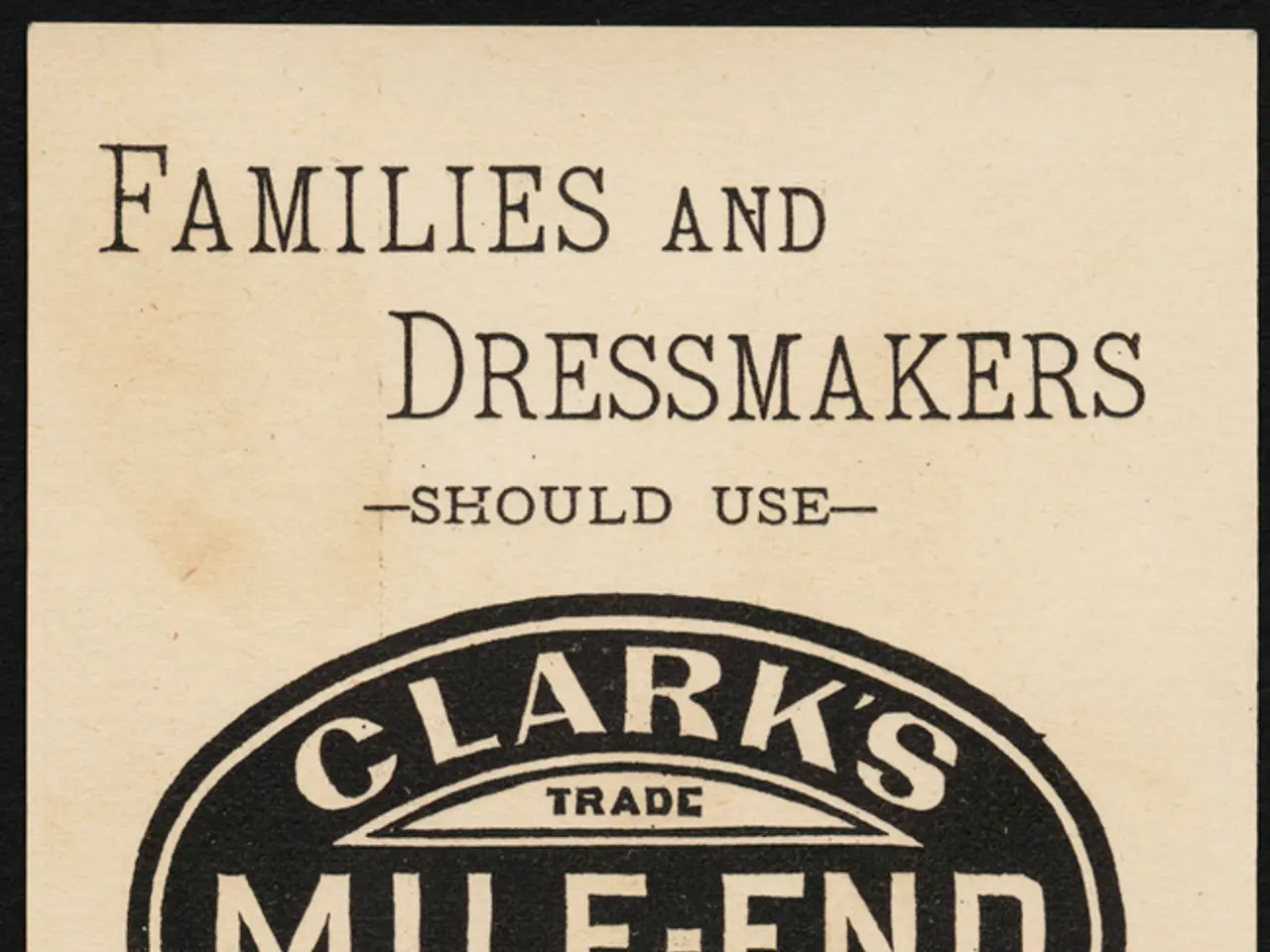Japan to extend financial aid of approximately 1.8 trillion yen to small and medium-sized enterprises (SMEs), cushioning them against import tariffs increase.
Japan Announces $15.5 Billion Package to Safeguard Businesses from U.S. Tariffs
In a bid to protect small to medium-size enterprises (SMEs) from the impact of U.S. tariffs, Japan unveiled a comprehensive economic support package worth over 2.2 trillion yen ($15.5 billion) on May 23, 2025.
The announcement comes as Japan grapples with increased tariffs imposed by President Donald Trump, with the nation subject to a 10 percent baseline tariff plus steeper levies on cars, steel, and aluminum. Japan's core inflation rate accelerated in April, reaching 3.5 percent, caused in part by a near-doubling of rice prices compared to the previous year.
Chief Cabinet Secretary Yoshimasa Hayashi detailed the measures, stating that they would include assistance with corporate financing and easing of loan conditions at a government-backed lending institution. In a news conference, Hayashi emphasized, "We will provide full support for small and medium-sized enterprises affected by the U.S. tariffs."
Although President Trump announced 24 percent "reciprocal" tariffs on Japan in early April, he later suspended them, along with similar measures on other countries, until early July. Japan aims for all U.S. tariffs on its exports to the United States to be lifted, with the government's tariffs envoy due to return to Washington for a fourth round of talks this week.
Prime Minister Shigeru Ishiba seeks to achieve an agreement with the U.S. president during their meeting at a Group of Seven gathering in Canada next month. The nation's economy contracted 0.2 percent in the first quarter of 2025, putting additional pressure on the unpopular Ishiba ahead of upper house elections scheduled for July.
To help families cope with surging electricity and gas prices, the government allocated 288 billion yen for the three months leading up to September, when air conditioning demand is anticipated to surge due to the sweltering heat.
While specific measures targeting SMEs in response to the 2025 U.S. tariffs are not detailed in the current reports, Japan typically supports its businesses through various economic policies, such as subsidies, low-interest loans, and other forms of financial assistance to help them absorb the impact of tariffs. For businesses facing similar challenges, diversifying their export markets and improving trade facilitation measures can also prove beneficial.
Health news: The surging electricity and gas prices in Japan may pose a strain on families, prompting the government to allocate 288 billion yen to help them cope during the hot summer season.
Finance and business: As part of Japan's economic support package, measures to assist small and medium-size enterprises (SMEs) affected by U.S. tariffs will include assistance with corporate financing and easing of loan conditions at a government-backed lending institution.




